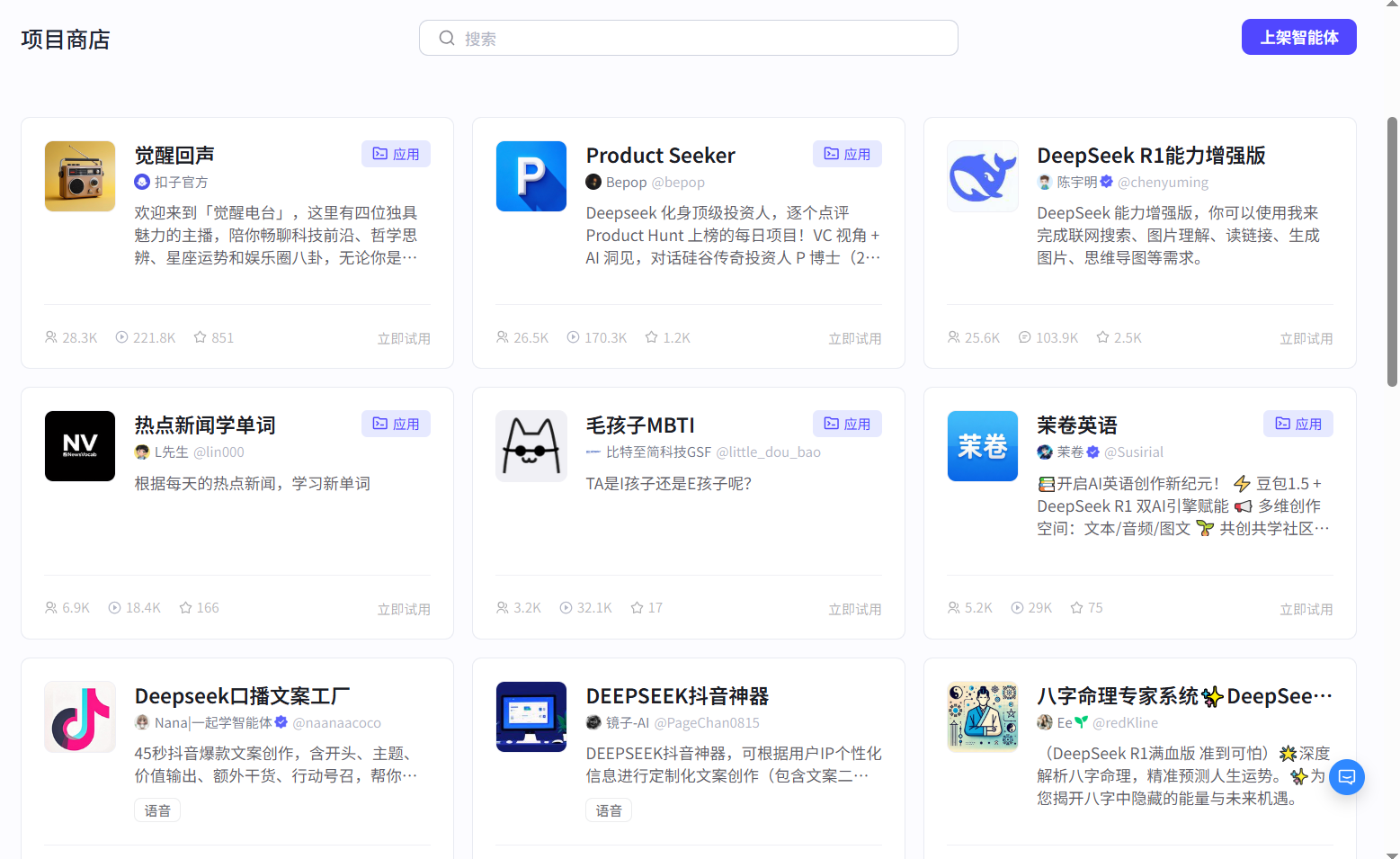
最近“AI智能体”这词儿老是冒出来,刷个新闻、看个视频,到处都在聊什么智能体、智能体市场,搞得跟新潮流似的。
ChatGPT、Gemini这些大伙儿都熟,可AI智能体到底是啥?直接用ChatGPT不就得了,干嘛还整出个智能体来?
先说AI智能体是啥。简单点,它就像个“全能小助理”。
你跟ChatGPT聊天,它能给你写文章、答问题,可要是叫它订个机票、查个快递,它就得摊手说:“这我可干不了!”
但AI智能体不一样,它不光会聊天,还能“干活”。就好比ChatGPT是个聪明脑子,但没手没脚,AI智能体则是给这脑子装上了记忆和身体,能自己感知外面的事儿、记住干过啥,还能跑去完成任务。
比如最近火的Manus AI,你叫它写份报告,它能自己规划步骤、上网搜资料、记下看过的内容,最后给你交差。换成ChatGPT,你得自己找资料喂给它,它才能开工。
那为啥要有智能体呢?大模型不够用吗?其实大模型像个“嘴强王者”,聊得溜,但行动力不行。智能体呢,更像个“实干家”,能跟现实世界互动。
举个例子,你说:“帮我找个下周去上海的便宜机票。”智能体自己去查、比价格,给你个靠谱建议;ChatGPT顶多跟你聊聊上海风景,干货少得可怜。
所以,智能体是给AI加了个“动手技能”,让它从光说不练变成能干活。
